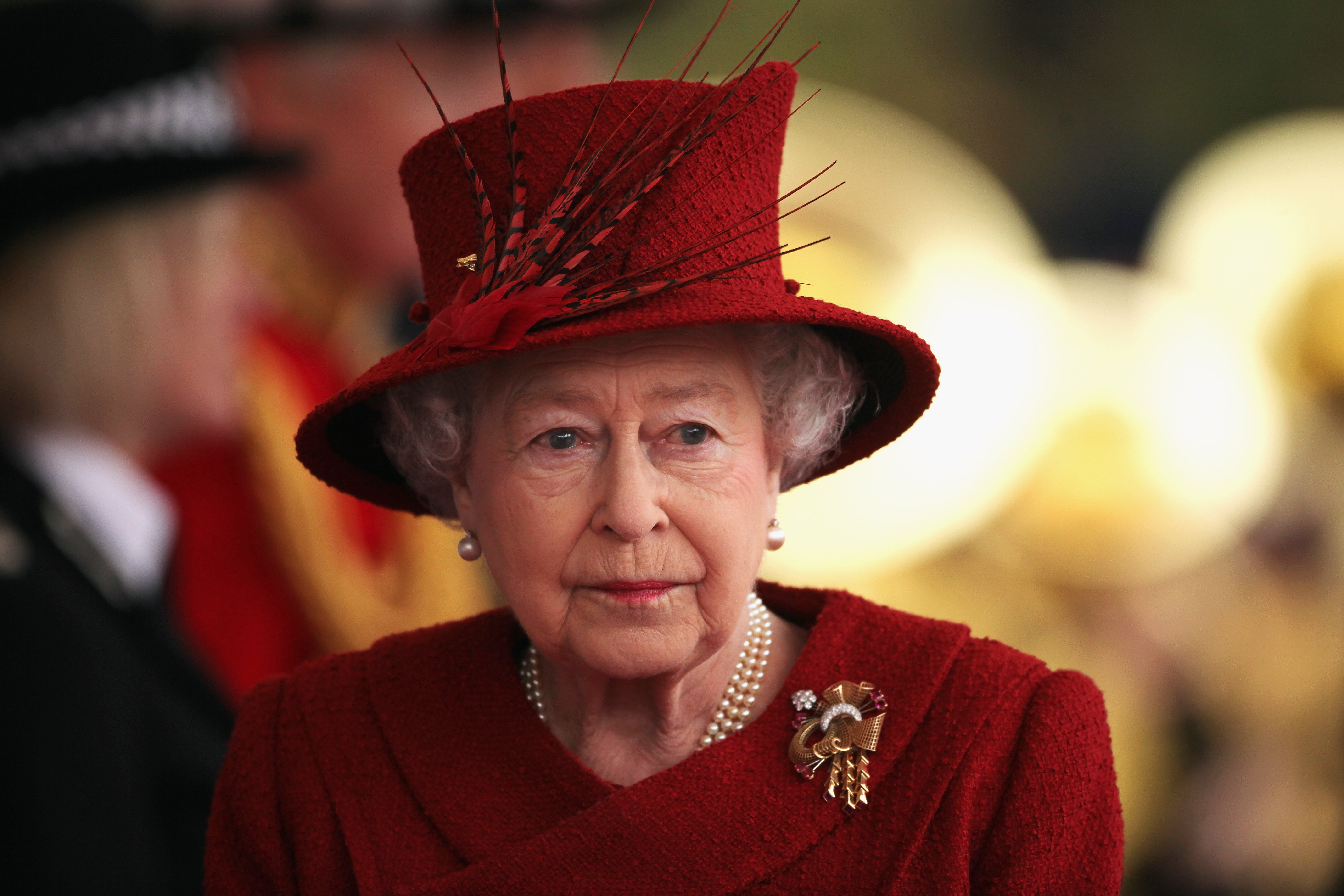Young British people want to abolish the monarchy in dramatic shift of public opinion, survey shows
The young would rather have an elected head of state

Your support helps us to tell the story
From reproductive rights to climate change to Big Tech, The Independent is on the ground when the story is developing. Whether it's investigating the financials of Elon Musk's pro-Trump PAC or producing our latest documentary, 'The A Word', which shines a light on the American women fighting for reproductive rights, we know how important it is to parse out the facts from the messaging.
At such a critical moment in US history, we need reporters on the ground. Your donation allows us to keep sending journalists to speak to both sides of the story.
The Independent is trusted by Americans across the entire political spectrum. And unlike many other quality news outlets, we choose not to lock Americans out of our reporting and analysis with paywalls. We believe quality journalism should be available to everyone, paid for by those who can afford it.
Your support makes all the difference.A recent poll has revealed that young people in Britain are no longer enthralled with the monarchy and would rather do away with the institution.
A YouGov survey indicates that at least 41 per cent of people aged 18 to 24 preferred an elected head of the state as compared to 31 who wanted a king or a queen.
This is, in fact, a complete reversal of what the majority wanted two years ago. Back then, the survey had found that at least 46 per cent preferred the monarchy and only 26 per cent wanted it gone.
The YouGov survey of 4,870 adults – between the ages of 15 to 49 — also revealed that at least 53 per cent supported the monarchy. This is five percentage points down from a similar survey in 2019.
At least 81 per cent of those above 65, said they preferred the monarchy — which YouGov says is almost unchanged from two years ago.
The Press Association reported that support for an elected head of the state has grown from 26 per cent in 2019 to 37 per cent in 2020. And now to 41 per cent in 2021 — a total jump of 15 per cent points.
The royal family has been in the eye of the storm lately. The Duke of York, Prince Andrew, quit his royal duties over his friendship with convicted sex offender Jeffrey Epstein in 2019. Then in 2020, the Harry and Meghan exit, popularly referred to as ‘Megxit,’ stirred up the British royal press, followed by the Oprah Winfrey interview with the two earlier this year.
In April, the Queen, 95, lost her 99-year-old husband, Prince Philip.
The Queen has reigned for 69 years and is preparing to mark the Platinum Jubilee next year. Press Association called her a “symbol of stability for the nation.”
Even though the monarchy is losing its charm among young people, overall the Queen and monarchy were backed by 61 per cent of the respondents. And just “under a quarter,” thought it should be replaced with an elected figure.
Previous polls have indicated that the young Britons hold a more “favourable view” of Harry and Meghan Markle than their older counterparts, who the report said had “overwhelmingly negative feelings about them.”
The YouGov survey had said: “As has been common in previous YouGov polling surrounding the Sussexes, there is a significant difference of opinion between the ages. Nearly half of those aged between 18 and 24 (48 per cent) feel more sympathy for Harry and Meghan, while 15 per cent are more sympathetic to the senior royals.”
“Britons aged 25 to 49 are split 28 per cent to 24 per cent sympathising,” the survey found.
“Above the age of 50, sympathies flip in favour the senior royals and the Queen by 46 per cent to 13 per cent, rising to half of those aged over 65 (55 per cent) feeling more sympathy for the Queen,” it added.
Subscribe to Independent Premium to bookmark this article
Want to bookmark your favourite articles and stories to read or reference later? Start your Independent Premium subscription today.
Join our commenting forum
Join thought-provoking conversations, follow other Independent readers and see their replies
Comments